Websites which are operating in India would have to comply with the Information Technology Act, 2000. The website deals with cyber crimes, data protection as well as electronic signatures.
Have you decided to launch a website, are you aware of the fact that the Indian Cyber Laws require each website to publish legally valid Terms of Use, Privacy Policy as well as Cookie Policy!
When launching a website could be quite stressful and overwhelming. Various Indian Cyber Laws are there, of which you must have an understanding of, if you own a Website.
A list of some of the most necessary legal practices which must be considered, have been discussed below-
Domain Name & Trademarks: Getting registered the domain name is the initial step towards building a website. It must be ...Read More
A list of some of the most necessary legal practices which must be considered, have been discussed below-
Domain Name & Trademarks: Getting registered the domain name is the initial step towards building a website. It must be ensured that the domain name chosen by you, must not infringe on any trademark or copyrights of any other person or company. For this, it is important that such individual must conclude a Trademark Search in order to ensure the name of the domain is unique and would not infringe any trademark. One can use the website- https://ipindiaonline.gov.in- so as to ensure that the website launched by you does not infringe on any intellectual property rights, including those of copyrights, trademarks, or patents. Using the copyrighted materials or trademarks without the permission shall result in legal actions against you.
Browser Wrap Agreement: When setting up a website there shall be a document containing the website’s term of use document outlining the terms and conditions for using your website. Such document must include information regarding the use of websites, intellectual property rights, disclaimers, limitations of liability, and many more. This would include an “I accept” prompt immediately for the user when visiting the website. It could be taken as an electronic contract according to the provisions of Section 10 (A) of the Information Technology, Act 2000.
Privacy Policy: the website launched by you must have a privacy policy outlining as to how you collect, store, and use such personal information of your website users. This policy must follow provisions provided under the Information Technology Act, 2000 in relation with the Information Technology (Reasonable Security Practices and Procedures and Sensitive Personal Data or Information) Rules, 2011.
Cyber Law Compliance: Websites which operate in India should comply with the Information Technology Act, 2000. The Act deals with cyber crimes, data protection, as well as the electronic signatures. Section 10 of this Act, provides that there must be a browser agreement (Terms of use and Privacy policy) mentioned on the website. Section 67 provides that a user should not send obscene materials when using an electronic form, nor is the publishing materials of sexually explicit acts is allowed.
Cookie Policy: Cookies could be understood as the files which are created by websites you visit, say for example, sites that keep you signed in, remember your site preferences, as well as provide you with locally relevant content. And when you use cookies on your website, a cookie policy is needed to explain as to how one uses cookies and obtain consent from the users to use such cookies. The Indian law over this issue is ambiguous, as according to the Consumer Protection Act, provided under Section 2(46) any such practice which puts unreasonable imposition on the user and puts the user in jeopardy will be treated as unfair trade practice.
Accessibility Compliance: One must ensure that their website is accessible to all users, even those with the disabilities. The compliance mentioned above is a necessary legal requirement provided under the Rights of Persons with Disabilities Act, of 2016.
It could be inferred from the above discussion that it is important to consult with a legal expert in order to ensure that the website launched by you complies with all necessary laws and regulations in India.
Developing a website involves a lot of work, and it will be difficult to be up to date with the constantly changing regulations and laws, hence, one must seek legal assistance from an experienced advocate.
Why Sharks of Law ?
Single Platform- Sharks of Law offers you a single platform where affordable and easily accessible legal services related to the legal matters involved when launching a website.
Expert advice- A prospective businessman launching his own website would need expert guidance and advice for issues related to e-commerce. Sharks of law offers experienced advocates who offer best guidance for proper procedure required.
Specialised advice- We offer you the necessary guidance as well as advice required when launching your own website.
Highly qualified advocates- Sharks of Law offers you a team of brightest and most driven lawyers who have years long experience in the field of intellectual property.
Easily accessible legal services- Sharks of Law believe that legal assistance must be easily accessible as one may need it at any time of the day, therefore you may contact us through any medium you are comfortable with.
Consult with experienced Lawyers across expert areas




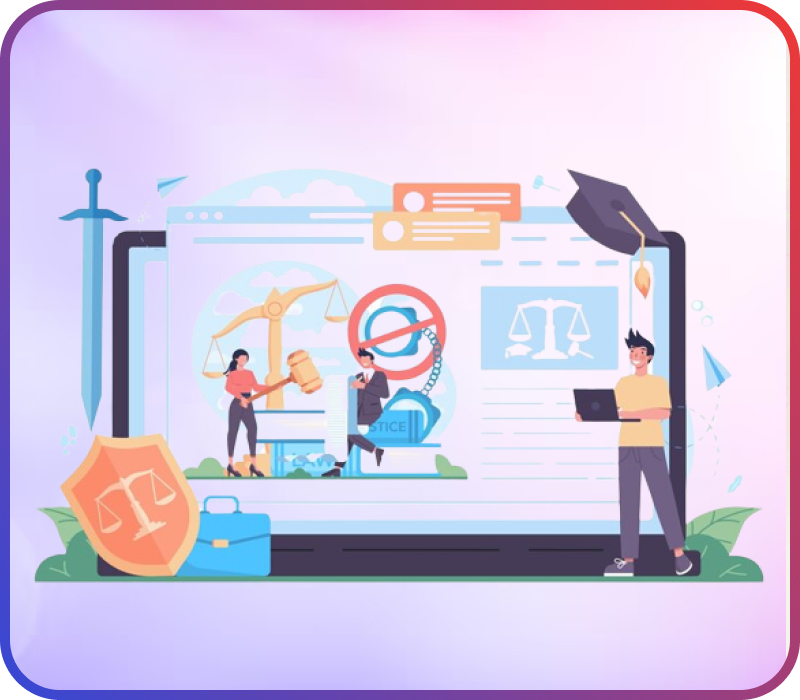
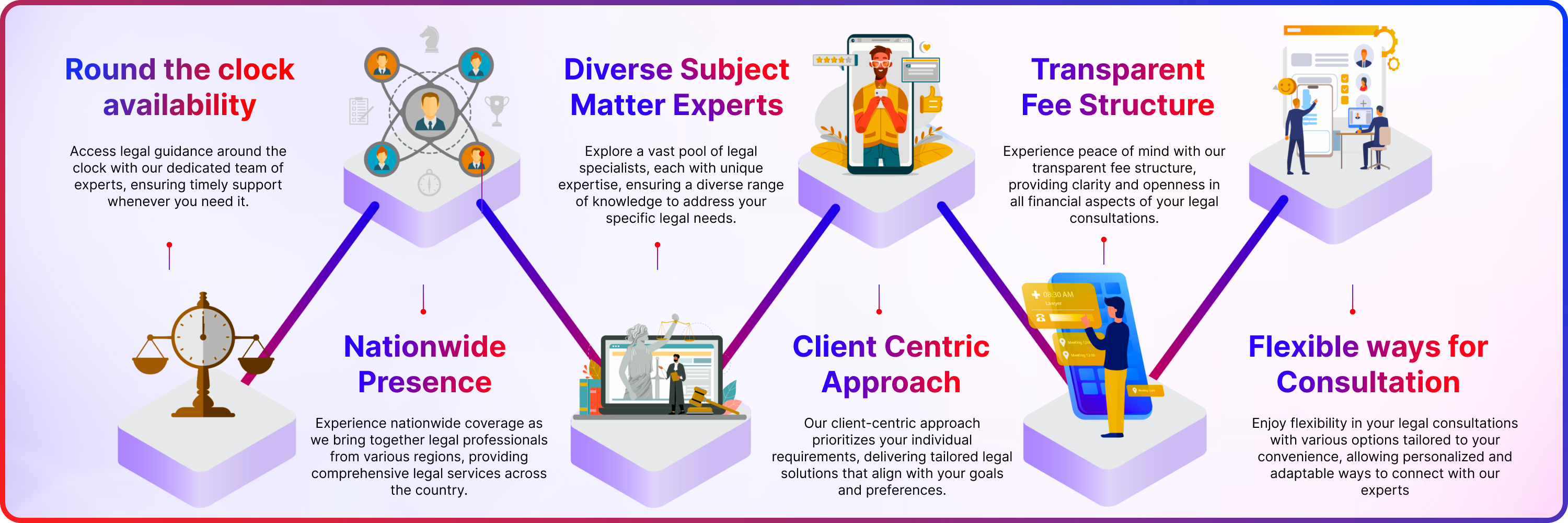
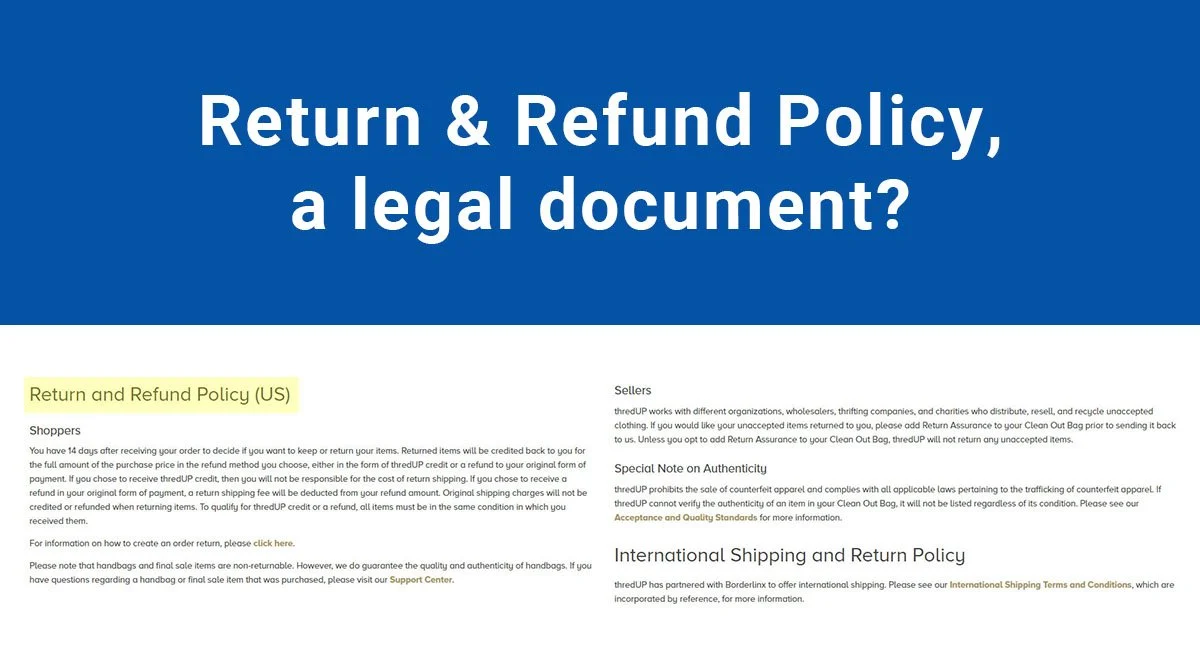
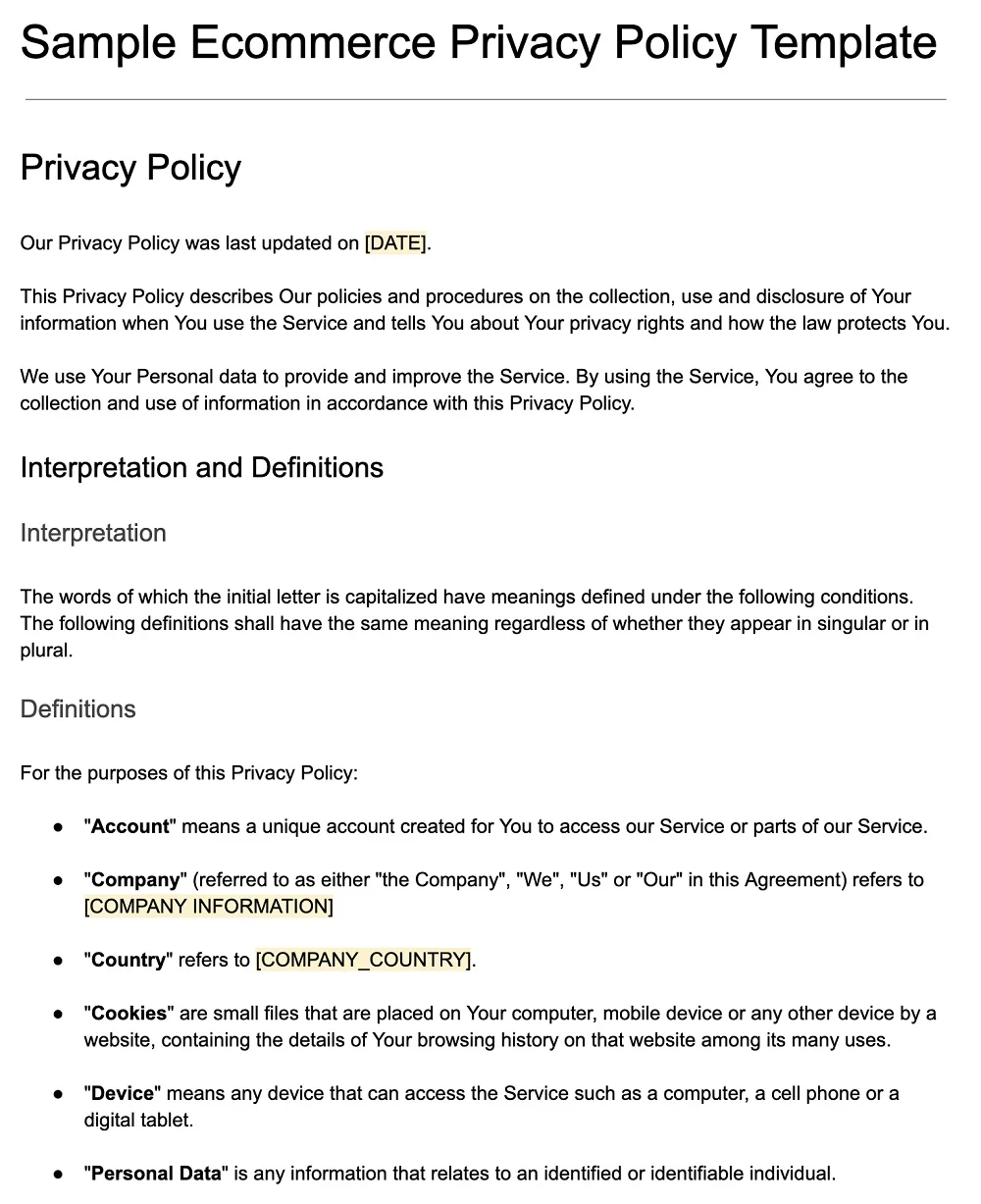


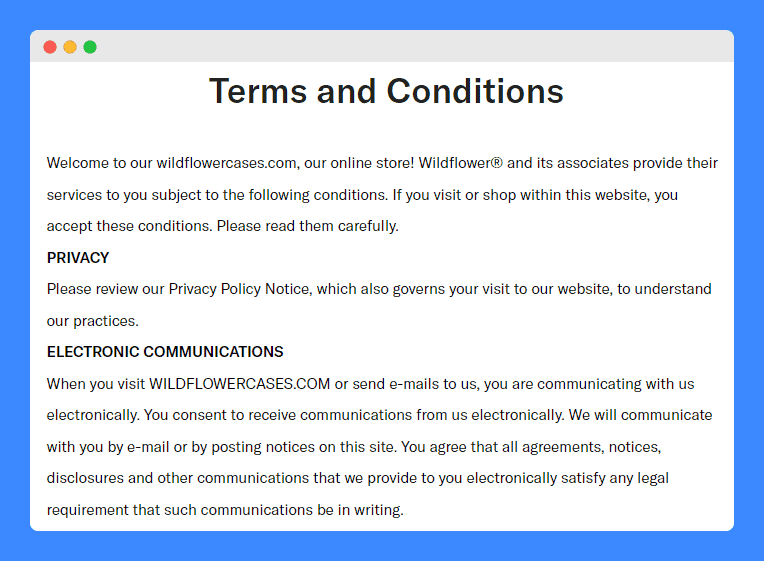
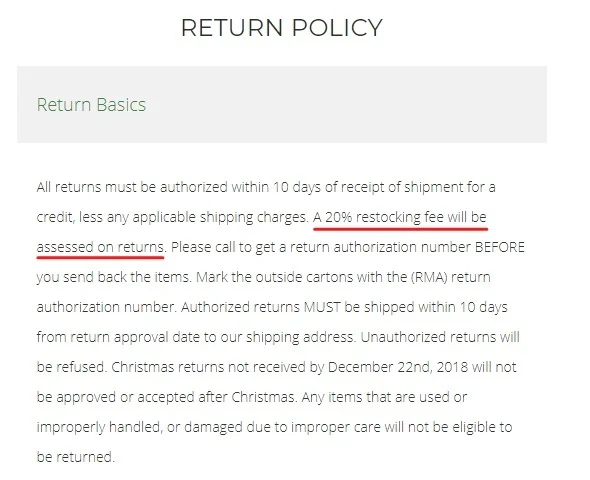
Take a look at the glowing reviews and success stories from some of our happy customers to see how (CompanyName) can help your business achieve its goals.